Life, Earth And Space
-

13 cross-college collaborative projects win TIPs funding
Thirteen interdisciplinary projects, ranging from cellular processes and smart cities to global health care issues, have been selected as the 2016 awardees of the Trans-Institutional Program (TIPs) initiative. Read MoreJun 2, 2016
-
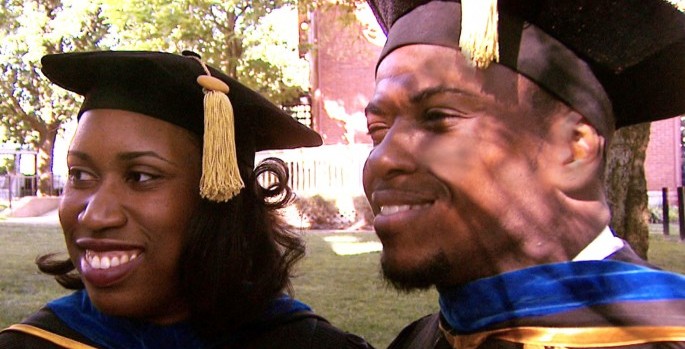
The Chronicle of Higher Education: Building a Better ‘Bridge’ to the Ph.D.
The Fisk-Vanderbilt Master's-to-Ph.D. Bridge Program, which supports minority STEM graduate students, is the subject of a feature story in the Chronicle of Higher Education. Read MoreMay 19, 2016
-

Isler named one of ‘National Geographic’s’ first Emerging Explorers
Observational astrophysicist Jedidah Isler, a postdoctoral fellow at Vanderbilt, has been selected as a member of the National Geographic Society's inaugural class of Emerging Explorers. Read MoreMay 18, 2016
-
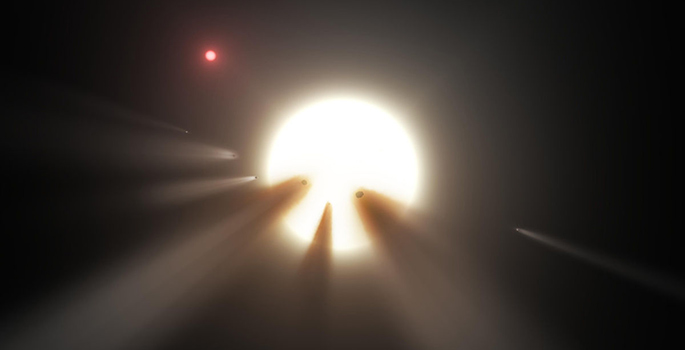
New study supports natural causes, not alien activity, explain mystery star’s behavior
The results of a new study make it far less likely that KIC 8462852, popularly known as Tabby’s star, is the home of industrious aliens who are gradually enclosing it in a vast shell called a Dyson sphere, a theory that went viral over the past year. Read MoreMay 9, 2016
-
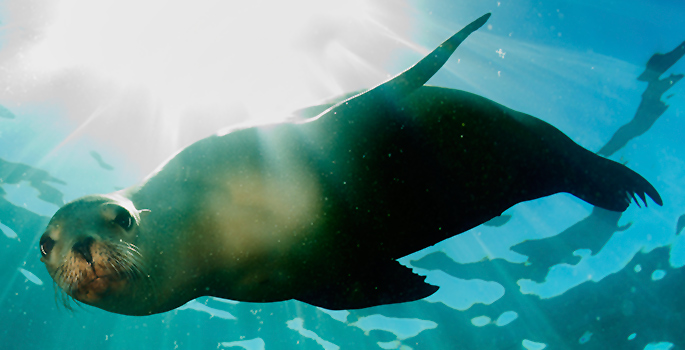
Scientists establish first map of the sea lion brain
A team of neuroscientists at Vanderbilt University has taken an important step toward uncovering the mystery behind the California sea lion's prodigious intelligence by conducting the first comprehensive study of their central nervous systems. Read MoreApr 27, 2016
-
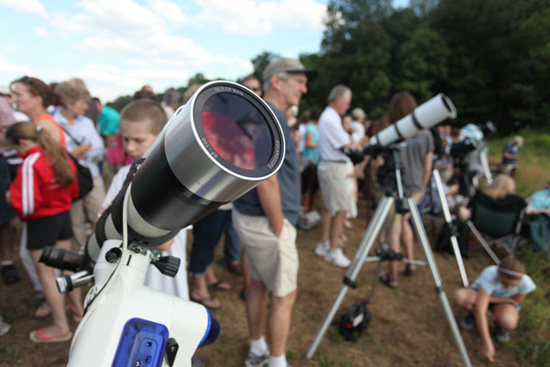
CANCELED: View rare daytime astronomical event at Dyer Observatory May 9
Visitors will have the unusual opportunity to safely view the planet Mercury as it transits directly across the face of the sun using Dyer Observatory’s solar telescopes. Read MoreApr 26, 2016
-

Three students recognized by Goldwater Foundation
Three Vanderbilt students have been recognized in this year’s Goldwater Scholars competition. Marie Armbruster and Jarrod Shilts have been selected as Goldwater Scholars, and Sirui Ma has been awarded an honorable mention. Read MoreApr 5, 2016
-
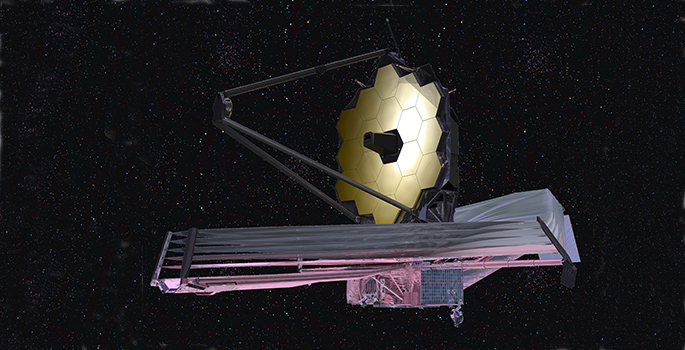
Second-generation space telescope will usher in new era in astronomy
An astrophysicist and an aerospace engineer who are members of the team developing NASA’s James Webb Space Telescope – the successor to the Hubble Space Telescope, scheduled for launch in 2018 – will give a free public lecture March 31. Read MoreMar 28, 2016
-
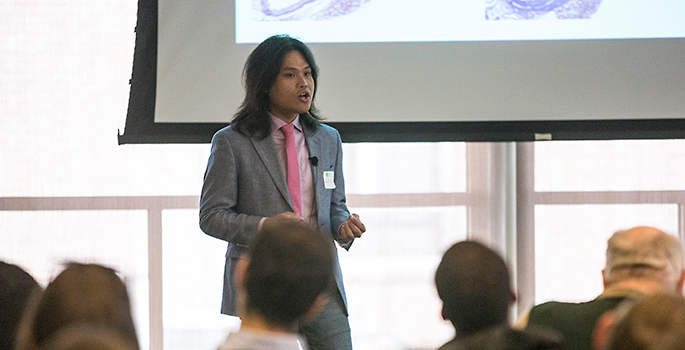
Graduate students compete in fourth annual Three Minute Thesis competition
Vanderbilt graduate students demonstrated that they can summarize their 80,000-word theses in less than three minutes using terms that members of the public can understand during this year's Three Minute Thesis competition. Read MoreMar 1, 2016
-

Update on the science of life in the universe March 3
Caleb Scharf, director of astrobiology at Columbia University, will address age-old questions such as "Are we alone?" and "Where do we come from?" in a free public lecture titled "Astrobiology: The Science of Life in the Universe" March 3. Read MoreFeb 29, 2016
-
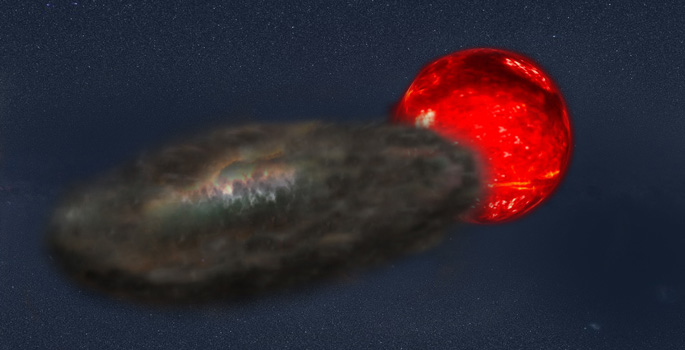
Longest-lasting stellar eclipse discovered
Astronomers have discovered an unnamed pair of stars that sets a new record for both the longest duration stellar eclipse (3.5 years) and longest period between eclipses (69 years) in a binary system. Read MoreFeb 17, 2016
-
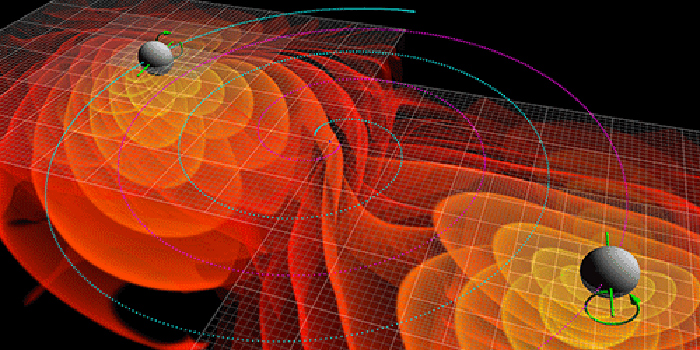
Gravity waves topic of Feb. 18 colloquium
A team of Columbia University physicists who participated in the first detection of gravity waves will describe the monumental discovery in a free public lecture on campus Thursday, Feb. 18. Read MoreFeb 12, 2016
-
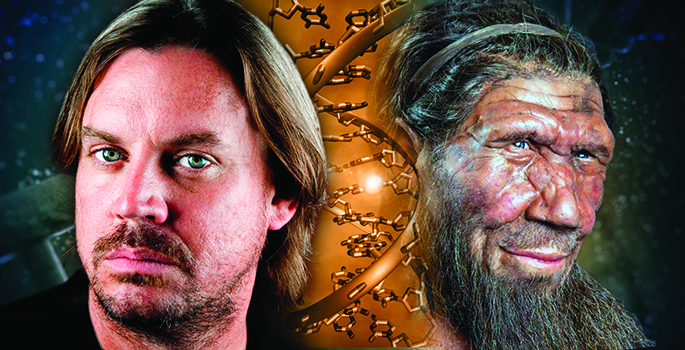
Neanderthal DNA has subtle but significant impact on human traits
The first study that directly compares Neanderthal DNA in the genomes of a significant population of adults of European ancestry with their clinical records confirms that this archaic genetic legacy has a subtle but significant impact on modern human biology. Read MoreFeb 11, 2016
-
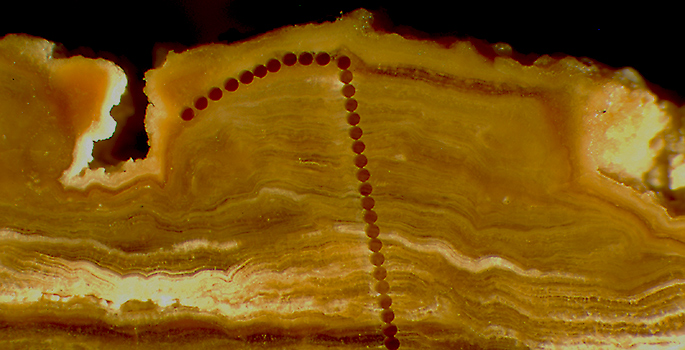
Growth rings on rocks provide new insights into past climates
Application of new micro-analytical techniques have transformed rocks and gravel buried in a special type of soil into a rich source of data about past climates that can help scientists understand how the climate will change in the future. Read MoreJan 15, 2016
-
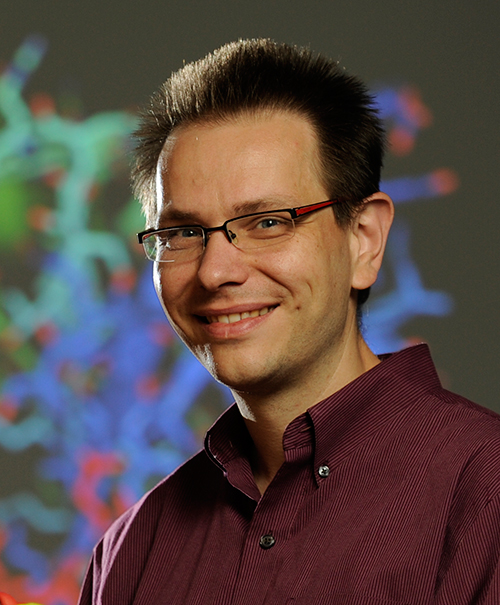
Chemist Jens Meiler receives Humboldt Foundation award
Associate Professor of Chemistry Jens Meiler has received a Friedrich Wilhelm Bessel Research Award from the Alexander von Humboldt Foundation in Bonn, Germany. Read MoreDec 15, 2015
-
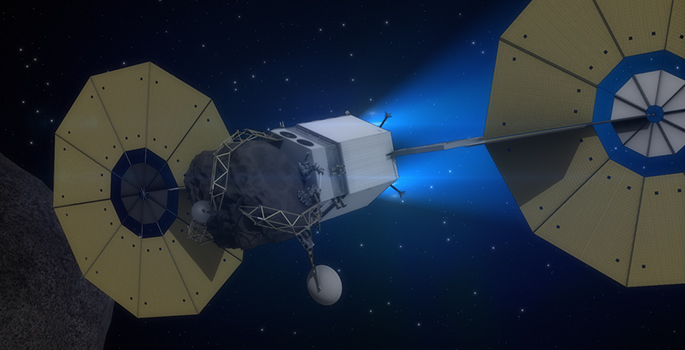
New detector perfect for asteroid mining
A new generation of gamma-ray spectrometer being developed by researchers and students in the Fisk-Vanderbilt Master's-to-Ph.D. Bridge program is perfectly suited for detecting valuable minerals hidden within the asteroids, comets, moons and minor planets in the solar system. Read MoreNov 19, 2015
-

New online tool created to tackle complications of pregnancy and childbirth
An interdisciplinary team of biologists and medical researchers have created a new platform, which they call GEneSTATION specifically designed to leverage the growing knowledge of human genomics and evolution to advance scientific understanding of human pregnancy and translate it into new treatments for the problems that occur when this complex process goes awry. Read MoreNov 11, 2015
-
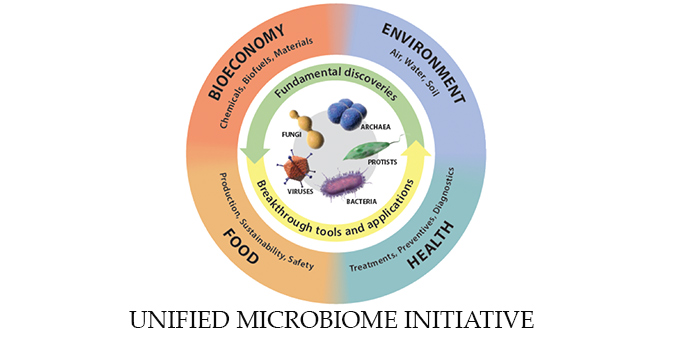
Vanderbilt chemist part of major microbiome research initiative
Vanderbilt chemist helps craft call for major new research initiative to increase our understanding of the invisible world of microbes that surround us. Read MoreNov 4, 2015
-
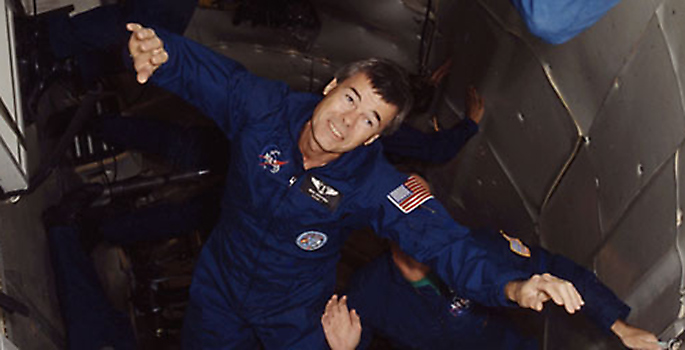
Rick Chappell honored for science communications contributions
This December Rick Chappell, research professor of physics and past director of the Office of Science and Research Communications at Vanderbilt, will receive two awards from the American Geophysical Union recognizing his achievements in communicating science to the public and teaching and mentoring students toward careers in geophysics and space physics. Read MoreNov 4, 2015
-
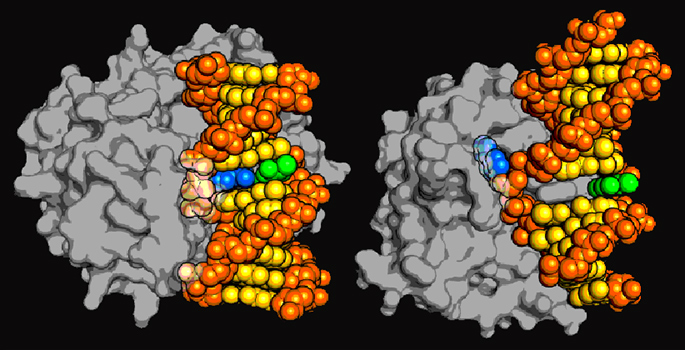
New class of DNA repair enzyme discovered
A new class of DNA repair enzyme has been discovered which demonstrates that a much broader range of damage can be removed from the double helix in ways that biologists did not think were possible. Read MoreOct 29, 2015